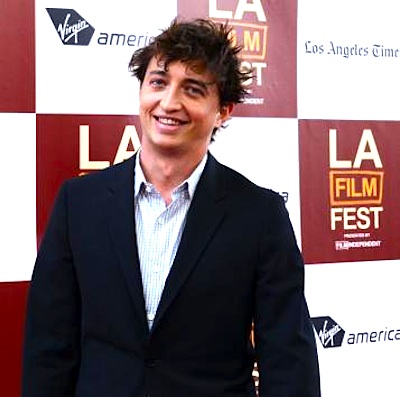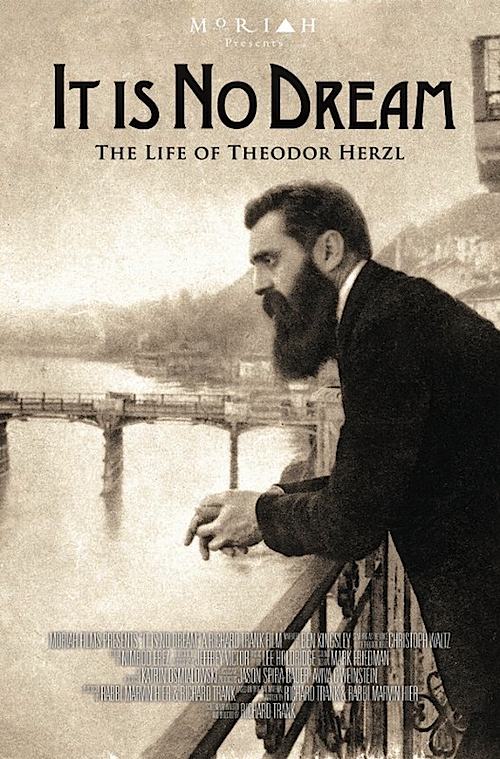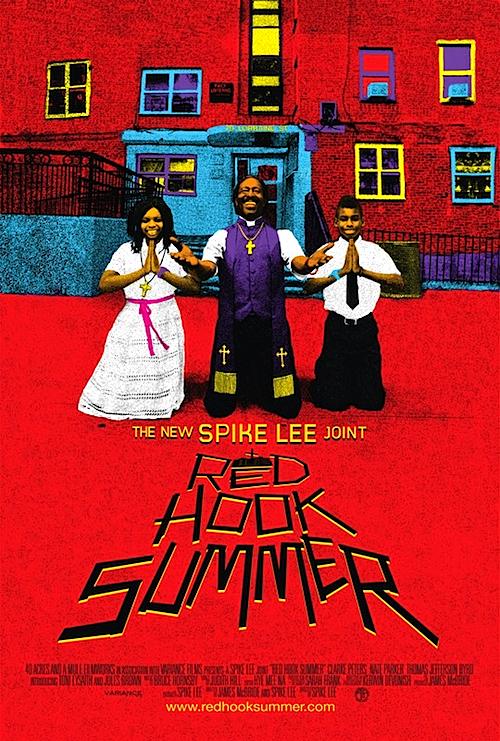By Govindini Murty. Benh Zeitlin’s Beasts of the Southern Wild has garnered much acclaim on the film festival circuit and is one of the top indie films in theatrical release right now, having already earned $5.9 million at the box office. The story of a little girl and her father struggling to survive in the flooded bayou of southern Louisiana, Beasts of the Southern Wild won the Grand Jury Prize at Sundance, the Camera D’Or at Cannes, and the Audience Favorite Award at the LA Film Festival. There is already talk that it may be nominated for an Oscar for Best Film, and that Quvenzhané Wallis, the film’s remarkable eight-year old lead, may be nominated for an Oscar for Best Actress.
We had the opportunity to attend the premiere of Beasts of the Southern Wild at the LA Film Festival this summer and enjoyed the Q & A conducted afterward by John Singleton with director Benh Zeitlin and the film’s stars, the irrepressible Quvenzhané Wallis (who utterly stole the show) and the charming baker-turned-actor Dwight Henry.
We spoke briefly with Benh Zeitlin after the screening and also met John Singleton, who expressed repeatedly what a fan he was of the film. Here’s the conversation I had with Zeitlin, followed by excerpts from the Q & A that Singleton held with Zeitlin, Wallis, and Henry. While there were a variety of topics discussed in the Q & A, my focus here is on the comments that Zeitlin made about the creative and practical aspects of translating his vision to the big screen.

GM: I was curious about your influences. Were you quoting anyone specific in the film? What inspired you – either in classic or contemporary film?
BZ: The big one for me is this film called Underground by Kusturica. That’s the one that made me most want to make films when I was growing up … the way that the fantasy and reality worked in that film I think was a big deal. And then we watched a lot of documentaries – we watched a lot of Les Blank documentaries. This one called Dry Wood – and all those ‘70s films that he made – were kind of how we came up with the cinematography. But you know, I studied the way that Cassavetes directs actors and Mike Leigh directs actors – and looking at narrative from Disney movies, like Bambi [Zeitlin himself has a background in animation and his parents are folklorists]. So, really, it was from all over the place, from all eras – from high-brow to low-brow – sort of a broad world.
GM: That’s interesting. You mention Les Blank – did you see Burden of Dreams, about Werner Herzog making Fitzcarraldo?
BZ: Oh yeah, of course. Werner Herzog, absolutely.
GM: Because [Beasts of the Southern Wild] just reminded me – the atmosphere – the organic feeling of being in the mud with the animals and the wilderness all around –
BZ: Definitely, yeah. He was a huge inspiration for me. The first time I saw that film I was like “This is what I want to do.”
GM: I interviewed Werner Herzog a few months ago and there’s some great footage from that film [Les Blank’s Burden of Dreams] that’s online. But you know, I was curious, because the film has that blend [of reality and fantasy] that you were mentioning. But I didn’t know about Bambi, that’s going to be interesting to throw in there –
BZ: [Laughs.] You got to go back to Bambi, always got to go back to Bambi.
GM: Well thanks so much, that was fun to see.
BZ: Thanks very much, nice to meet you.
Beasts of the Southern Wild tells the story of Hushpuppy (Quvenzhané Wallis), a six-year old girl growing up on an island off the coast of Louisiana known as “The Bathtub.” The story follows Hushpuppy and her widower father, Wink (Dwight Henry), as they eke out a living on their small plot of land – with the little girl caring for their farm animals and living in tune with the rhythms of the natural world. Her father, who has a mysterious illness, almost like a latter-day Fisher King, teaches Hushpuppy how to fish and emphasizes that she needs to learn how to take care of herself so she can succeed in the world and climb to the “top of the ladder.”
The island community of the Bathtub might lie in the shadow of New Orleans and Lake Pontchartrain, but its rural lifestyle feels a world away. To emphasize this, Beasts was shot in a documentary-verité style on 16mm film, which, when blown up on a large screen, creates a grainy, mysterious image that paradoxically heightens the mythological and poetic themes of the film. Hushpuppy’s view of the world is thus depicted in an alternately realistic and fantastical manner that Benh Zeitlin called “a heightened world built out of very real parts.” For example, Zeitlin noted that though there is no place called the Bathtub in Louisiana, it was based on the real Isle de Jean Charles, an island that is slowly falling into the Gulf and that has gone from 200 families to 20 families in recent years. As Zeitlin explains, “we took elements of things and swirled them together – almost like a folk tale.” Continue reading Talking With Director Benh Zeitlin About Beasts of the Southern Wild

